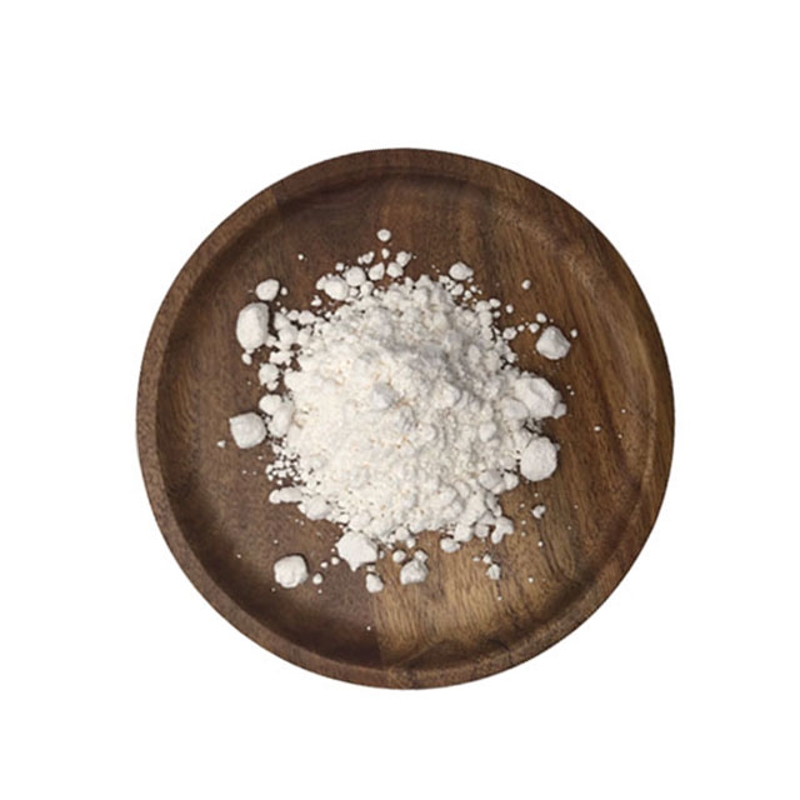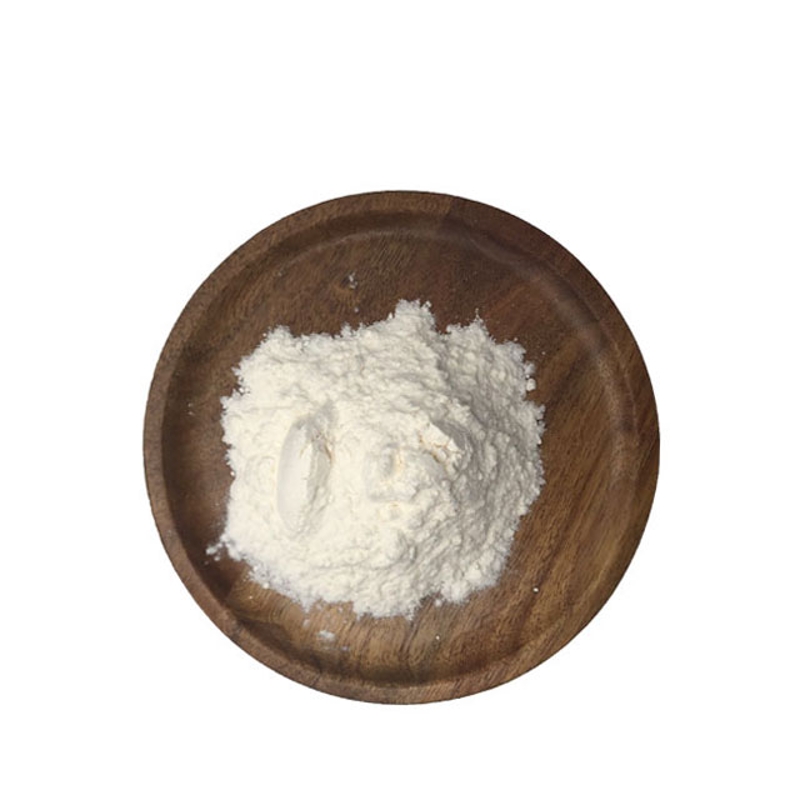-
Categories
-
Pharmaceutical Intermediates
-
Active Pharmaceutical Ingredients
-
Food Additives
- Industrial Coatings
- Agrochemicals
- Dyes and Pigments
- Surfactant
- Flavors and Fragrances
- Chemical Reagents
- Catalyst and Auxiliary
- Natural Products
- Inorganic Chemistry
-
Organic Chemistry
-
Biochemical Engineering
- Analytical Chemistry
- Cosmetic Ingredient
-
Pharmaceutical Intermediates
Promotion
ECHEMI Mall
Wholesale
Weekly Price
Exhibition
News
-
Trade Service
Prostate cancer is the most common cancer in men and is most common in men between the ages of 60 and 70
.
Definite treatments for prostate cancer include radical prostatectomy and external radiation therapy, and the optimal treatment of prostate tumors is currently unknown due to the lack of definitive and well-established randomized controlled trials
Definite treatments for prostate cancer include radical prostatectomy and external radiation therapy.
Here, researchers from Hallym University Dongtan Sacred Heart Hospital in South Korea compared the oncological outcomes of patients with clinical T3b prostate cancer who received either radical prostatectomy (RP) or radiotherapy plus androgen deprivation therapy (HT + RT)
.
The findings were published in the International Journal of Urology
compared oncological outcomes in patients with clinical T3b prostate cancer who underwent radical prostatectomy (RP) or radiotherapy plus androgen deprivation therapy (HT+RT) compared patients with clinical T3b prostate cancer who underwent radical prostatectomy (RP) or radiotherapy Oncologic Outcomes of Plus Androgen Deprivation Therapy (HT+RT)
The researchers evaluated men with clinical T3b prostate cancer who received RP or HT + RT between 2007 and 2014
.
All patients were relatively healthy, with Eastern Cooperative Oncology Group performance status of 0 or 1, and no nodules or distant metastases
Results showed that of 152 patients with clinical T3b prostate cancer between 2007 and 2014, 45 received RP and 107 received HT+RT
.
The mean cancer-specific survival in the RP group was significantly longer than in the HT+RT group (P = 0.
(a) Kaplan-Meier analysis of crpc-free survival in patients treated with RP and HT + RT in a propensity score-matched population (P = 0.
053)
.
(b) Kaplan-Meier analysis of overall survival in a propensity score-matched population treated with RP and HT + RT (P = 0.
(a) Kaplan-Meier analysis of crpc-free survival in patients treated with RP and HT + RT in a propensity score-matched population (P = 0.
Cancer-specific survival in men with clinical T3b prostate cancer who received RP was significantly longer than in those who received HT+RT, suggesting that RP could be a better final treatment option for these patients.
Original source:
Wonchul Lee, Bumjin Lim, Yoon Soo Kyung et al.
leave a message here







